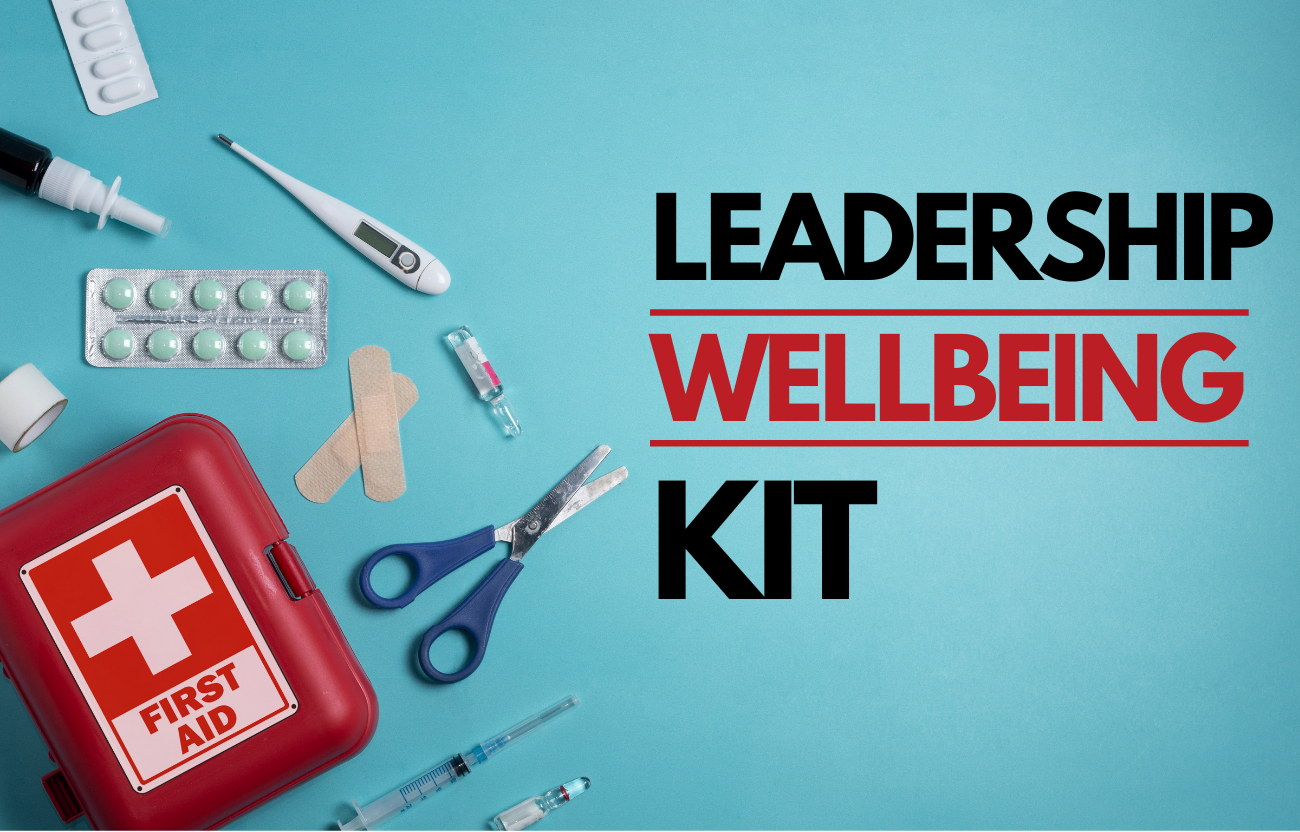As leaders, we’re deeply invested in the well-being and productivity of our teams. Consider this: approximately one in five U.S. adults experiences a mental health condition each year (Source: National Institute of Mental Health). Within our organizations, this means that a significant portion of our colleagues and staff may be navigating challenges that impact their performance and engagement. It prompts a crucial question: How can we, as leaders, ensure we’re truly equipped to offer meaningful support?
While open communication and readily available resources are essential, relying solely on individuals to seek help for mental health challenges can be insufficient. Stigma and a lack of awareness often create barriers. This is where a proactive and informed leadership approach becomes vital – not from a place of authority, but from a desire to build a stronger, more resilient organization.
The Bottom Line: Mental Health Impacts Our Collective Success
Ignoring the prevalence of mental health challenges isn’t just about compassion; it’s a strategic reality that affects our bottom line. Decreased productivity, increased absenteeism, higher turnover, and lower morale are tangible consequences of an unsupported workforce. Just as we prioritize physical health and safety, a proactive stance on mental health is good business.
Mental Health First Aid (MHFA): Empowering Our Teams to Support Each Other
Mental Health First Aid (MHFA) offers a practical framework for this support. It equips leaders and employees with the skills to recognize the signs and symptoms of mental health challenges and crises, and to offer initial support until professional help is obtained. It’s about building a network of informed individuals who can bridge the gap until colleagues connect with appropriate resources.
Think of MHFA as a vital layer in our support infrastructure, working in concert with our Employee Assistance Program (EAP). While the EAP provides confidential professional expertise, MHFA-trained individuals become crucial first responders – colleagues who can identify potential issues early and offer immediate, empathetic support.
MHFA training empowers us to:
- Recognize Early Warning Signs: Learn to identify changes in behavior, mood, or performance that may signal a mental health concern.
- Initiate Supportive Conversations: Develop the confidence to approach colleagues with empathy and without judgment.
- Offer Initial Assistance: Understand how to actively listen, reassure, and provide practical support in the moment.
- Guide Towards Professional Resources: Become knowledgeable about our organization’s EAP and other mental health services, effectively connecting individuals with the right help.
- Reduce Stigma: By openly supporting mental health and fostering dialogue, we can collectively dismantle the barriers that prevent people from seeking help.
Leveraging Our EAP and Integrating MHFA for a Stronger Foundation
Building a truly resilient workplace requires a strategic integration of our support systems. Our Employee Assistance Program (EAP) and Mental Health First Aid (MHFA) are powerful tools that, when used in tandem, create a robust safety net for our employees.
Champion Consistent EAP Engagement: Actively promote the EAP’s benefits and work to normalize its utilization. Emphasize the confidentiality and diverse support services available to all individuals. By being attuned to keywords or phrases in employee interactions, we can gently guide individuals towards the EAP’s professional expertise when appropriate.
Empower Leaders and HR with MHFA to Strategically Champion Well-being: Investing in Workplace Mental Health First Aid (MHFA) training for leaders and HR is a proactive step towards building a supportive culture. Viewing MHFA as a foundational skill enables early intervention and empowers us to offer initial support. Let’s consistently promote MHFA training opportunities and recognize the valuable contributions of those who become certified mental health allies within our organization.
Taking Action: Building a Culture of Collective Support
The question isn’t about telling people what to do, but about how we can collectively build a more supportive environment.
Here are actionable steps we can take together:
- Lead by Example: As leaders, let’s participate in MHFA training to demonstrate our commitment and foster open conversations about mental health.
- Invest in Training: Let’s allocate resources to make MHFA training accessible to managers and employees across all levels.
- Promote Our EAP: Let’s ensure everyone is aware of the EAP and how to access its confidential resources, integrating this information into MHFA training.
- Champion a Culture of Support: Let’s foster an environment where empathy, open communication, and support for mental well-being are the norm.
- Measure Our Impact: Let’s track EAP utilization and gather feedback on MHFA training to understand its value and inform our ongoing efforts.
The reality is that many within our organizations may be navigating mental health challenges. By embracing MHFA and effectively leveraging our EAPs, we can move beyond simply having resources available and actively cultivate a workplace where everyone feels seen, supported, and equipped to help one another thrive. Let’s work together to build that future.

